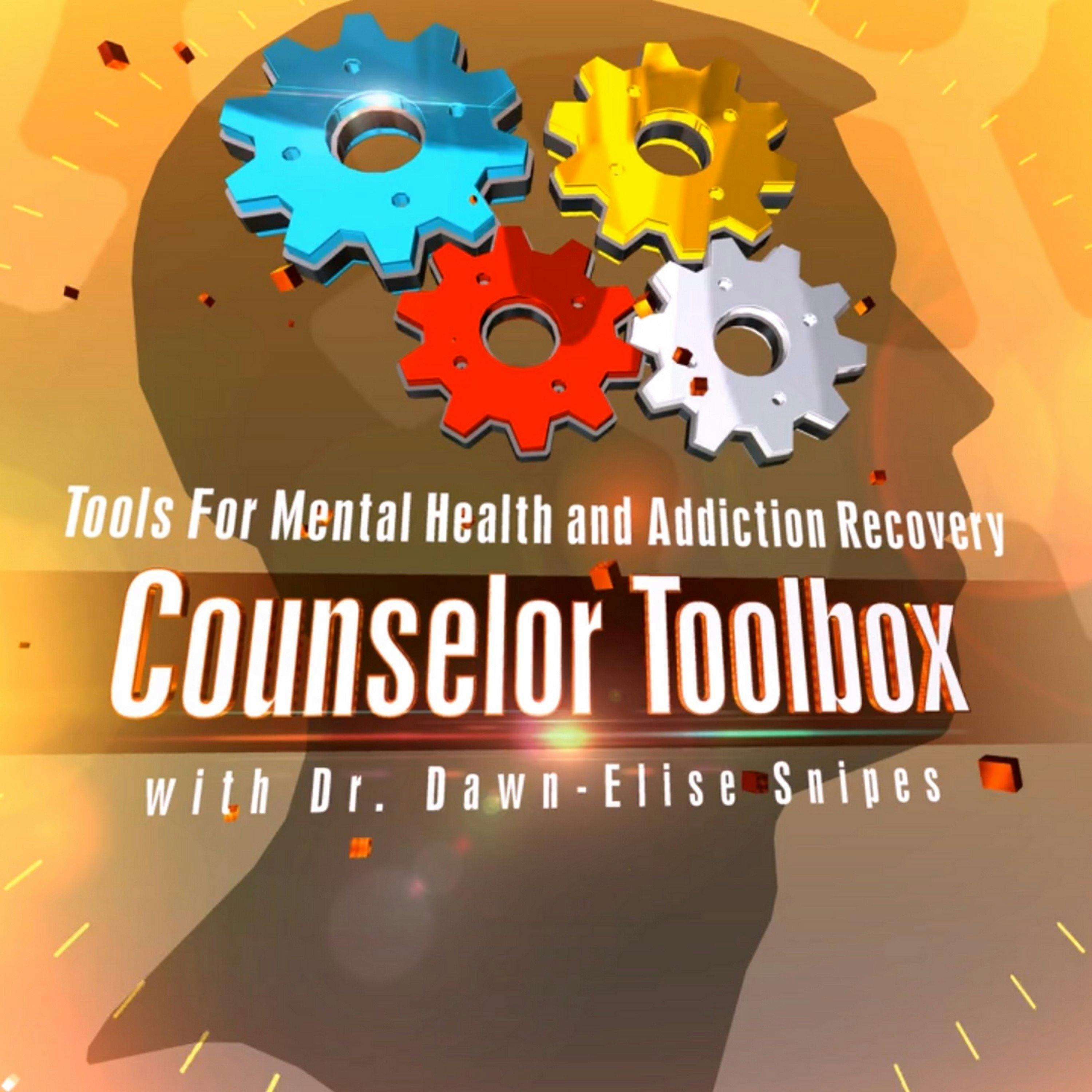Stress Management 101 CBT Tools for Beginners and Group Therpy Activities
Description
1. Introduction to Stress Management
Overview
2. Tool Identification and Implementation
TIP Mnemonic:
T - Tool Identification: Identify tools that resonate with you and address the areas of your life that are most stressed.
I - Implementation: Determine how you will implement the identified tools (e.g., journaling, talking with a friend).
P - Practice: Practice using the tools, either in a group setting, with safe others, or through guided imagery.
3. Nicer Mnemonic for Self-Care
N - Nutrition:
Importance of healthy eating for maintaining physical and mental health.
I - Illness Prevention:
Tips for preventing illness, such as good hygiene and maintaining sleep routines.
C - Circadian Rhythms and Sleep:
Emphasizes the importance of maintaining regular sleep patterns to regulate stress hormones.
E - Exhaustion:
Recognizing and addressing physical and mental exhaustion.
R - Relaxation:
Techniques to relax the body and mind, such as stimulating the vagus nerve or engaging in enjoyable activities.
4. Interpersonal Relationships and Boundaries
SHARE Mnemonic:
S - Set and Maintain Boundaries: Learn to set and enforce personal boundaries to protect emotional well-being.
H - Honesty: Be honest with yourself and others about your thoughts, feelings, and needs.
A - Appreciate the Positive: Focus on the positive aspects of relationships and situations.
R - Responsiveness: Respond to your needs and the needs of others in an appropriate manner.
E - Empathize: Practice empathy toward yourself and others to nurture healthy relationships.
5. Emotional and Cognitive Aspects
PHASED Mnemonic:
P - Psychological Flexibility: Ensure your reactions to thoughts and feelings are helping you move toward a meaningful life.
H - Heiness (Awareness): Be aware of the important aspects of your life and your control over them.
A - Awareness: Recognize and validate your thoughts and feelings within their current context.
S - Self-Esteem: Separate behaviors from your identity and focus on progress, not perfection.
E - Explanations and Exceptions: Look for alternative explanations and exceptions to your assumptions.
D - Distress Tolerance: Develop strategies to manage and downregulate distressing emotions.
6. Environmental Stress Management
SAFE Mnemonic:
S - Sensory: Address sensory triggers in your environment that cause distress and enhance those that bring comfort.
A - Awareness: Be aware of your "Spidey senses" and check the facts in context to determine if a situation is truly threatening.
F - Foresee Challenges: Plan for potential challenges and vulnerabilities in your environment.
E - Excuse Yourself: Know when to excuse yourself from overwhelming situations to maintain your well-being.
7. Spiritual Wellness and Values
LOVE Mnemonic:
L - Let Go: Learn to let go of things you cannot change to reduce stress.
O - Optimism: Practice tragic optimism by acknowledging difficulties while maintaining hope for improvement.
V - Values-Driven Behavior: Align your actions with your values to lead a meaningful life.
E - Encourage: Encourage both yourself and others to foster resilience and positive outcomes.
8. Conclusion and Application
Chapters:
00:00:00 - Stress Management 101: Cognitive Behavioral Therapy tools for beginners
00:05:09 - Healthful behaviors: Nicer to yourself
00:10:17 - Self-care and Stress Management
00:15:30 - Honesty and Meeting Needs in Relationships
00:20:41 - The Power of Empathy in Relationships
00:26:19 - B.A.D. - Beliefs, Self-Esteem, Explanations, Distress
00:31:33 - Managing Stress Through Awareness and Planning
00:37:03 - Strategies for Dealing with Challenges
00:42:24 - Tragic Optimism and Values-Driven Behavior
00:47:35 - Farewell and Thanks
Learn more about your ad choices. Visit megaphone.fm/adchoices
More Episodes
Learn more about your ad choices. Visit megaphone.fm/adchoices
Published 11/21/24
Published 11/21/24
Introduction
Presenter: Dr. Dawn-Elise Snipes discusses helping families navigate life transitions using the Flower Empower Model.
The focus is on understanding how various transitions impact both individuals and families, emphasizing the importance of supportive partnerships between...
Published 11/19/24


